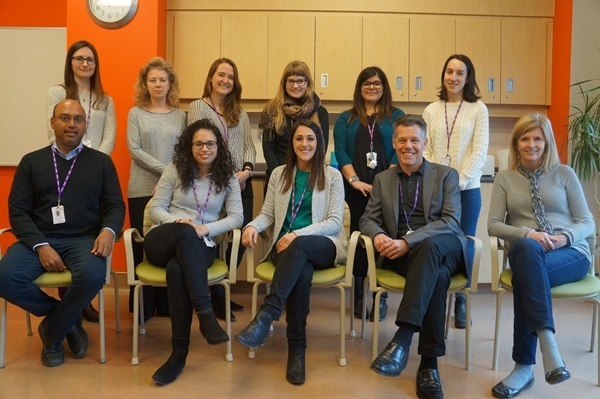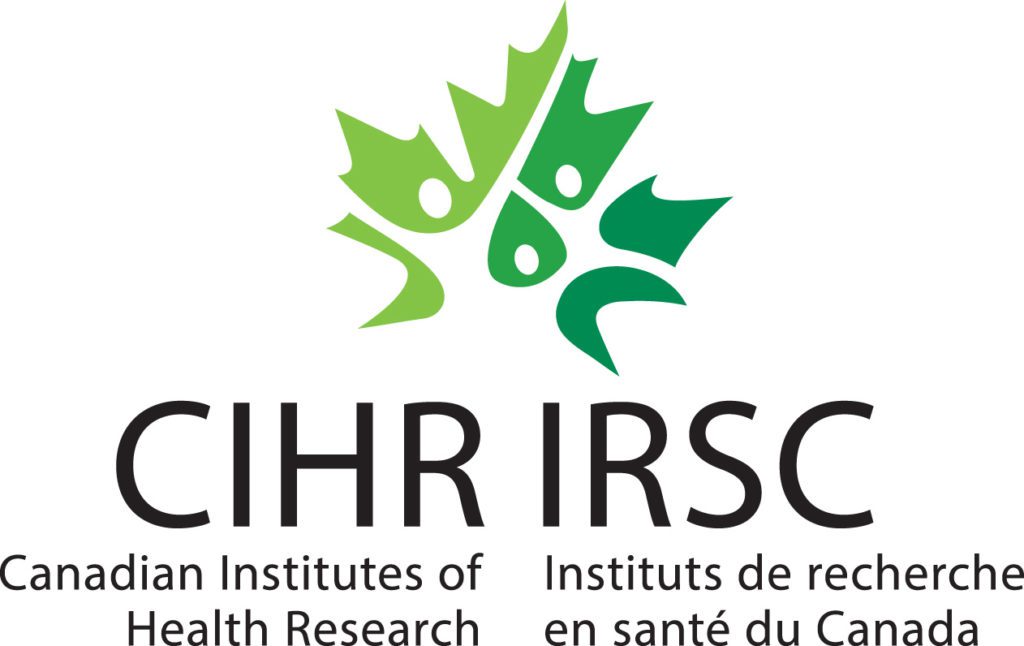Brain & Behaviour 
|
Clinical Trials
 |
Knowledge Translation
 |
Treatment Outcomes
 |
Research Mission: To understand the broad spectrum of factors that contribute to and reduce disruptive behaviour in order to
develop more personalized and effective intervention
"We should be fitting our treatments to kids, not kids to our treatments”
Prinicipal Investigator: Brendan Andrade, Ph.D., C.Psych.
It’s estimated that five to 15 per cent of school-aged children have
disruptive behaviour problems.
Dr. Brendan Andrade and the
Better Behaviours Service team conduct research to improve treatments and prevent behaviour problems from developing altogether. The research includes treatment studies in the clinic and brain-imaging studies ("Looking inside the brain"). The overarching goal of the program of reserach is to understand the broad spectrum of what contributes to and reduces disruptive behaviour, from causes to effective interventions. The program is part of CAMH’s Child, Youth and Emerging Adult Program and the
Margaret and Wallace McCain Centre for Child, Youth & Family Mental Health.

Dr. Brendan Andrade, Clinician-Scientist of the Better Behaviours Team
The question driving the team’s research now is: Which treatments work for which children? The challenge today is we have no evidence to tell us which treatment to select for a specific child and family. Our CIHR funded prinicipal project is a four-year study to developing clinical profiles of children with shared traits who benefit – or not – from two proven group-based treatments. It’s a step towards matching a child with the optimal treatment and identifying patient needs that may be better addressed through other treatments or combinations of treatments.
The Better Behaviours Service offers two different types of treatment for children and their families: group-based treatment or individualized treatment. Both are predominantly cognitive-behavioural interventions, with research evidence demonstrating their effectiveness. Most parents report a noticeable drop in their child’s disruptive behaviour after either form of treatment.
Watch this CAMH video to learn more about these treatments.

CAMH's Better Behaviours Service team – (From left) Back row: Dr. Madison Aitken, Janine De Rosie, Katie MacDonald, Adrienne Carmichael, Stella Dentakos, Lee Propp; front row: Dr. Brendan Andrade, Jennifer Khoury, Jordana Waxman, Rob Bancroft, Debbie Salsbury; missing: MaryLynn Reddon-D’Arcy, Susan Lytle, Shanelle Henry, Shane MacDonald, Stephanie Craig.
Special Thanks to our Funders:







